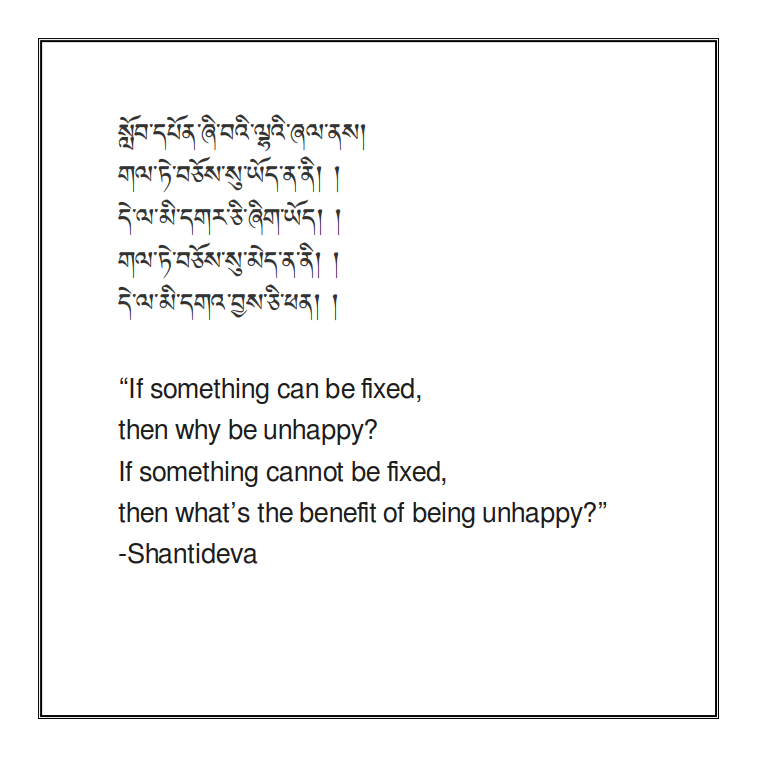*exacerbated
nyamlae
Yes they are. Some people don't vote out of apathy, but others don't vote as an explicit leftist stance. This has a long history going back at least to the 1800s. It's a shit stance, but unfortunately pretty popular.
Bad parenting is widespread, but far from universal.
In terms of prevalence, a worldwide meta-analysis estimated rates of 12.7% for sexual abuse, 16.3% for physical neglect, 18.4% for emotional neglect, 22.6% for physical abuse, and 36.3% for emotional abuse [3]. These data indicate that childhood maltreatment is globally widespread, affecting the lives of millions of children.
Anecdotally, I've found that people with bad childhoods tend to befriend each other. Every person that I've instantly clicked with has later revealed a history of long-term childhood maltreatment. I think this is why some people see bad parenting everywhere, and others find it unthinkable.
Really not a reasonable take. Social media is great for discovering new things, people, and groups of interest. Sure, you can do that outside of social media too, but in a much slower and more limited way.
Also, lots of housebound disabled people use social media for their main source of socializing.
Yes, loads. It's very useful for non-anonymous groups + events.
I don't think Steam users really represent the average person...
Do you not suggest people who are having trauma responses to every hand gesture that mimics a pinch?
I do agree that it's good for them to get help if they can, so long as there is room for them having reasons not to get help; and room for them to try other approaches to getting help (such as hanging around people who treat them well); and room for them to get help but not improve.
I think if you make the claim that men have human limitations and can't help but to retaliate or instigate, you need to hold that claim for women as well.
I agree, and I do hold that claim for women. Where I draw a hard line is creating cultural excuses and encouragement for retaliation and instigation, which I believe you have done by saying it's fine for women to intentionally instigate men to cause insult. That is no longer treating their reactions as unfortunate trauma responses; it is actively justifying and supporting their actions.
I don't expect women to be civil, but also don't think society should excuse their incivility. The same is true of men.
All this to say, from where I am standing the traumatized men are still a head here.
I'm not living their lives, and am not aware of all the media around it, so I can't say for sure. What I can say for sure is that I strongly oppose politics that try to excuse harming groups just because they're less harmed than other groups. It worsens tension and just makes society shittier for everyone involved.
But maybe I am missing a better option. If you have a suggestion, please make it.
I think we should not excuse or encourage people intentionally harming other people. If they harm other people inevitably due to their trauma, then that is regrettable but unavoidable. Rather, we should focus on creating uplifting spaces where people of all genders are brought together across divides to focus on common goals and interests. This helps humanize the other and reduce social tension.
Any man who thinks that a pinching motion is unquestionably making fun of them for having a small penis with ~~our~~ out confirmation, needs to get help.
"Get help" is not so simple, and is a patronizing, individualist thing to say to people who are having trauma responses to bodyshaming. People should set their own personal boundaries with antisocial people, and society at large should address the root cause by creating systems that disincentivize bodyshaming.
If a large enough group of men are being antisocial because of a pinching motion. I think it's fine for feminists to make the pinching motion intentionally to cause insult.
And I think it's fine for men to then bodyshame women in turn. But -- oh wait -- making excuses for bodyshaming doesn't actually improve anything. It just increases tension and resentment.
For women to have to just deal with the antisocial behavior and ignore it is not acceptable.
There are more choices than just these two.
This is a stupid distinction to make. There is no speech that doesn't affect people materially.
"Free speech" is a morally neutral thing. Most leftists don't go on about "free speech" because it's not a value we hold. We value tolerance of people of different races, genders, sexualities, and so on. The issue is not speech in general -- it's the content of speech that matters. "Free speech" sidesteps the issue of what is actually being said.

Yes, because that is a completely different word.